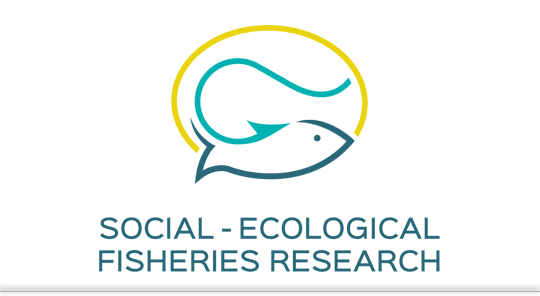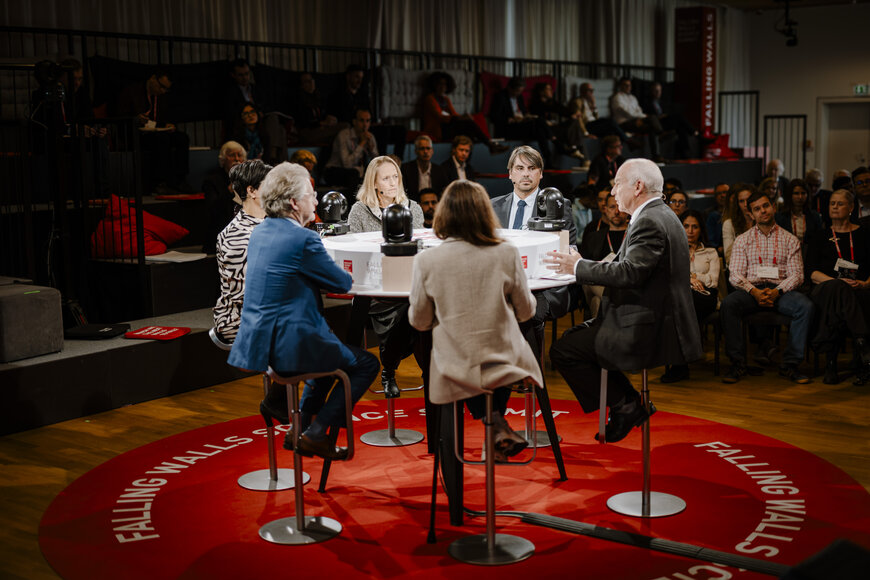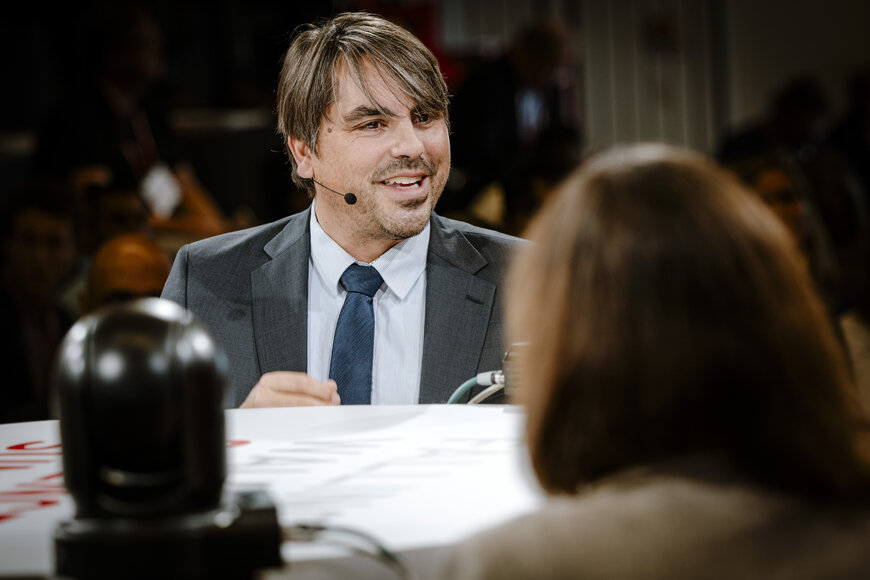On 8 November 2025, the Falling Walls Science Summit in Berlin hosted the plenary session “Frontiers Planet Prize – Can Science Save the Planet?”, bringing together leading figures from science, politics, and industry. The session featured international speakers who discussed how scientific research contributes to solving real-world sustainability challenges.
According to the organizers, the Summit attracted more than 500 speakers and over 2,000 participants from across the world, including prominent figures such as German Chancellor Friedrich Merz, CERN Director General Mark Thomson, ETH Zurich President Joël Mesot, and several Nobel Laureates.
Prof. Robert Arlinghaus participated in the panel discussion, representing fisheries science and highlighting how research in recreational fisheries, sustainability, and human–nature relationships can inform responsible resource governance. His contribution demonstrated how fisheries science can provide valuable insights for broader sustainability transitions.
The event took place at the Falling Walls Science House in Berlin and was also streamed online to a global audience, allowing wide public and professional engagement.
Key Insights Emphasized During the Panel:
- Scale proven micro-solutions: Successful local climate and biodiversity projects should be replicated across cities and communities to transform small interventions into large-scale global impact.
- Bridge science and implementation: Solutions should be co-designed with end-users from the beginning, ensuring that research integrates into real workflows and builds trust through shared problem-solving.
- Cut bureaucratic friction: Streamlined approval processes and early involvement of agencies can shorten decision-making, reduce hesitation, and allow climate action to keep pace with scientific progress.


